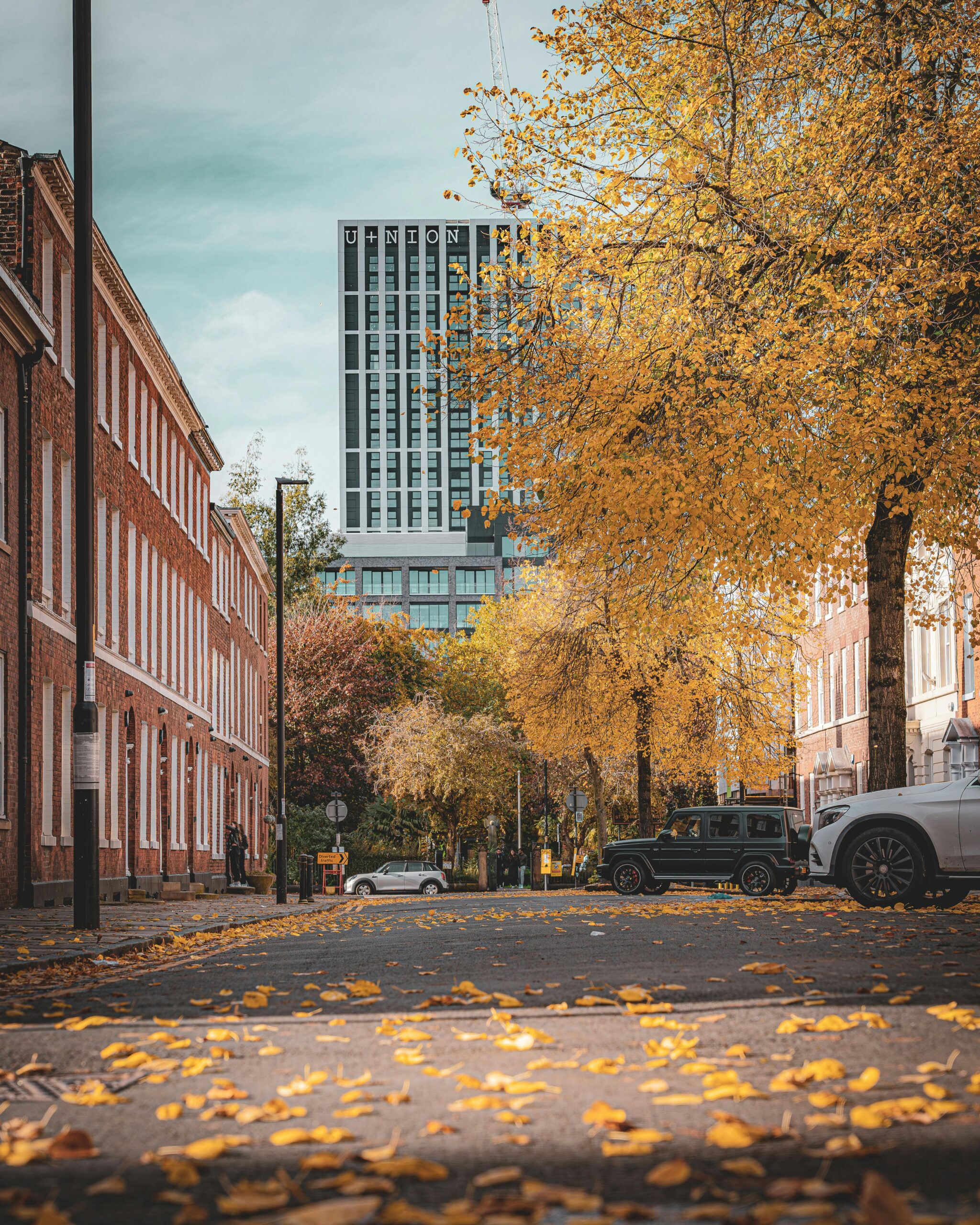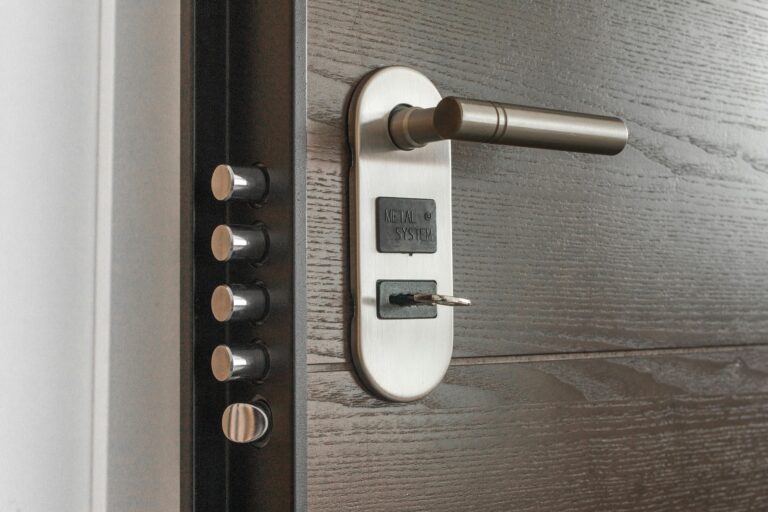Hello MCR

My Top 5 Tips for First Time Buyers in Manchester
When you speak to people who just bought their first home, it usually starts like this: “you won’t believe what I’ve been through!”. Well, I can believe it. I’ve heard all the horror stories from friends and family, and I’ve been through it myself.
First time buyers, and indeed all buyers, should do all the necessary research before they take the plunge. That means seeking financial and legal advice, speaking to other buyers and learning from their experience, and reading up online. However, there’s more than just doing the research. Here’s a list of things to do when you buy your first home, and it starts with recalibrating your expectations.
1. Reset your Expectations
When asked about the business world, Gary Neville says you should expect things to go wrong. Even when everyone is on the same team and working towards the same goal, there’s just no reason to assume everything will go smoothly. As I wrote here, everyone involved wants a bigger piece of the pie when it comes to property: the seller, the solicitors, the freeholder, the insurance company, and the state.
If you go into this expecting the worse, you just about stand a chance of enjoying the process. And if that sounds depressing, I apologise. But that’s the reality. It almost always takes longer, costs more, and becomes your second job in the process. Problems will arise that you didn’t think possible; your solicitor is away on annual leave, or gets fired a few weeks before completion date. Your seller from abroad, so you’re waiting on a Japanese bank to respond. And, doomsday scenario, your seller changes their months into the conveyancing process. Yes, deals can fall through and you can lose some serious money. Welcome to the real world.
2. Brace Yourself for Additional Costs
Going into buying my first flat, I prepared myself the best way I knew how to; I read every online guide, even listened to some (incredibly boring) podcasts, talked to every friend in the UK that bought a place, and made a list of everything that could go wrong. Once my offer was accepted I felt confident it’ll be different for me.
How did that turn out? you guessed it. It cost about £3k more than expected.
Your solicitor will almost certainly end up charging you more (after you signed the dotted line), the freeholder’s solicitor will find any excuse to charge you extra, and between stamp duty, service charge, building insurance and ground rent (if applies), something will catch you off guard. While the above applies to flats, extra charges on houses could be a lot higher. It’s all on you: any insurance, repairs, water quality checks etc. Welcome to being a grownup, I guess?
3. Research the Area
Yes, the biggest cliché of all is “Location, location, location”. A flat is not just what’s inside those four walls. Whether you’re single or married with kids, there’s so much to consider: the neighbourhood, transport, parking for you and for guests, schools, shops, and healthcare. Some stuff is out of your control of course: your favourite gym goes out of business, and your dentist moves to a different part of town. Whatever your options are, you need to do a serious side by side comparison of what each property has to offer.
4. Get a second and third opinion
Property hunting can be similar to dating: some can never make up their minds, while others declare themselves instantly in love and ignore all the red flags. People will cling to the first option that’s half decent and convince themselves that’s the one.
However, property is not people, and you can benefit from a fresh pair of eyes. Once you found a place you like, your job is to discover every single flaw you can. Take a friend to a viewing, and your parents to the next one. Send photos and videos and get feedback. Don’t be afraid to find problems – no place is perfect. All these things will come into play when it’s time to negotiate the price: that includes any work on the property, renovation, removals, etc. Which leads us to the final point:
5. Don’t be afraid to negotiate
I can only speak from personal experience on this one, but chances are you’re more valuable to the seller than you realise. A first time buyer with no chain is the ideal buyer in many ways, and the asking price should reflect that. Every day deals fall through because they rely on the buyer selling their property first (what’s known as a Chain). So you’re potentially saving the seller months of waiting around, and bring a much higher probability of the deal actually closing. Remember, when deals don’t close it doesn’t just cost the seller time, but also money. The seller also has a solicitor and I can assure you they’re not working for free.
Additionally, ask yourself what’s the ideal outcome for the agent. Do they want the deal to close? yes. Do they favour a higher price tag? also yes. The higher the price, the higher their commission. So without getting too cynical about it, keep in mind that your interests don’t perfectly align with the agent’s.
So if it feels like the agent and the seller are on the same side, that’s because they are.
This is for informational purposes only and does not constitute legal advice.


